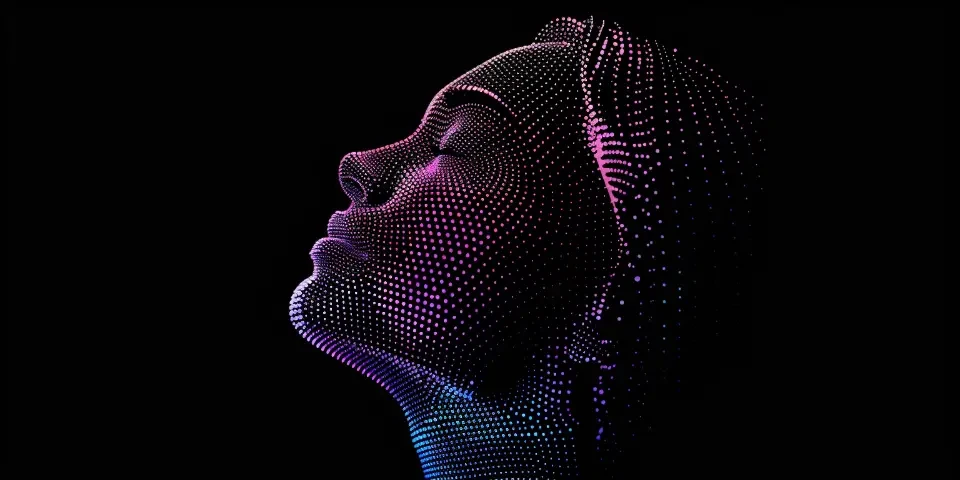The Future of Education AI in the Classroom
The integration of Artificial Intelligence (AI) in the classroom has the potential to revolutionize the way students learn and educators teach. By harnessing the power of AI, educational institutions can personalize learning experiences, automate administrative tasks, and provide valuable insights to improve educational outcomes. Here are eight key aspects that highlight the future of education with AI:
1. Personalized Learning
AI algorithms can analyze vast amounts of student data to create personalized learning paths. By adapting to each student's unique needs, AI-powered platforms can provide tailored content and exercises that enhance comprehension and engagement. Personalized learning not only caters to individual strengths and weaknesses but also promotes self-paced learning, allowing students to reach their full potential.

Furthermore, AI-powered virtual tutors can provide immediate feedback and guidance. These virtual assistants can assist students in solving problems, answering questions, and offering explanations, ensuring continuous learning even outside the traditional classroom setting.
2. Intelligent Classroom Assistants
Intelligent virtual assistants, such as chatbots, can handle routine administrative tasks, like scheduling, grading, and answering common queries from students. This alleviates the workload of teachers, allowing them to focus on more strategic aspects of education. Additionally, digital assistants can help with administrative duties, freeing up time for personalized instruction and student interactions.
3. Enhanced Curriculum Development
AI can contribute to curriculum development by analyzing various educational resources and student performance data. By identifying gaps in learning materials, AI algorithms can suggest improvements or generate relevant content. This process ensures that the curriculum remains up-to-date, accurate, and aligned with the needs of students.
4. Intelligent Content Creation
AI-generated content, such as virtual simulations and interactive videos, can enhance the quality of educational materials. These resources provide immersive and engaging experiences that cater to different learning styles. AI can also personalize content based on student preferences, making it more enjoyable and effective for individual learners.
5. Efficient Assessment and Feedback
AI algorithms can analyze and evaluate student assessments and assignments efficiently. By automating grading processes, teachers can save time and provide prompt feedback to students. AI-powered systems can also identify specific areas of improvement and recommend targeted resources to enhance learning outcomes.
6. Early Identification of Challenges
AI analytics can detect early warning signs of struggling students. By monitoring factors like attendance, engagement, and performance, AI algorithms can identify students who may need additional support. This enables educators to intervene at an early stage, providing timely assistance and improving overall student success rates.
7. Collaborative Learning Opportunities
AI can facilitate collaborative learning experiences among students from different geographical locations. Virtual platforms equipped with AI technologies enable students to engage in group projects, discussions, and knowledge sharing, fostering a global classroom environment. This exposure to diverse perspectives enhances critical thinking and problem-solving skills.
8. Ethical Considerations and Challenges
Integrating AI in education also raises important ethical considerations. Data privacy, possible bias in algorithms, and equitable access to AI technologies are among the key concerns. Educational institutions must ensure that AI systems are transparent, unbiased, and comply with privacy regulations to safeguard the interests and rights of students.
FAQs:
Q: Can AI replace teachers in the classroom?
A: While AI can support and enhance the teaching process, it cannot replace the role of teachers. Human educators provide empathy, emotional support, and deep understanding that AI systems lack. Teachers remain vital in creating meaningful connections and fostering a conducive learning environment.
Q: Will AI in the classroom hinder creativity?
A: On the contrary, AI can enhance creativity by providing students with diverse resources, personalized content, and unique learning experiences. AI algorithms can recommend creative tools and inspire students to explore their imagination, leading to innovative solutions and ideas.
Q: Is AI in education accessible to all students?
A: Equitable access to AI technologies in education is crucial. Educational institutions and policy-makers must ensure that all students, regardless of their socioeconomic background, have equal access to AI-powered tools to prevent further disparities in learning opportunities.
References:
- "Artificial Intelligence in Education Market - Growth, Trends, COVID-19 Impact, and Forecasts (2021 - 2026)" - Mordor Intelligence
- "Intelligent Tutoring Systems and Artificial Intelligence in Education" - International Journal of Artificial Intelligence in Education
- "Personalized Learning Using AI in Education" - Center for Digital Education
